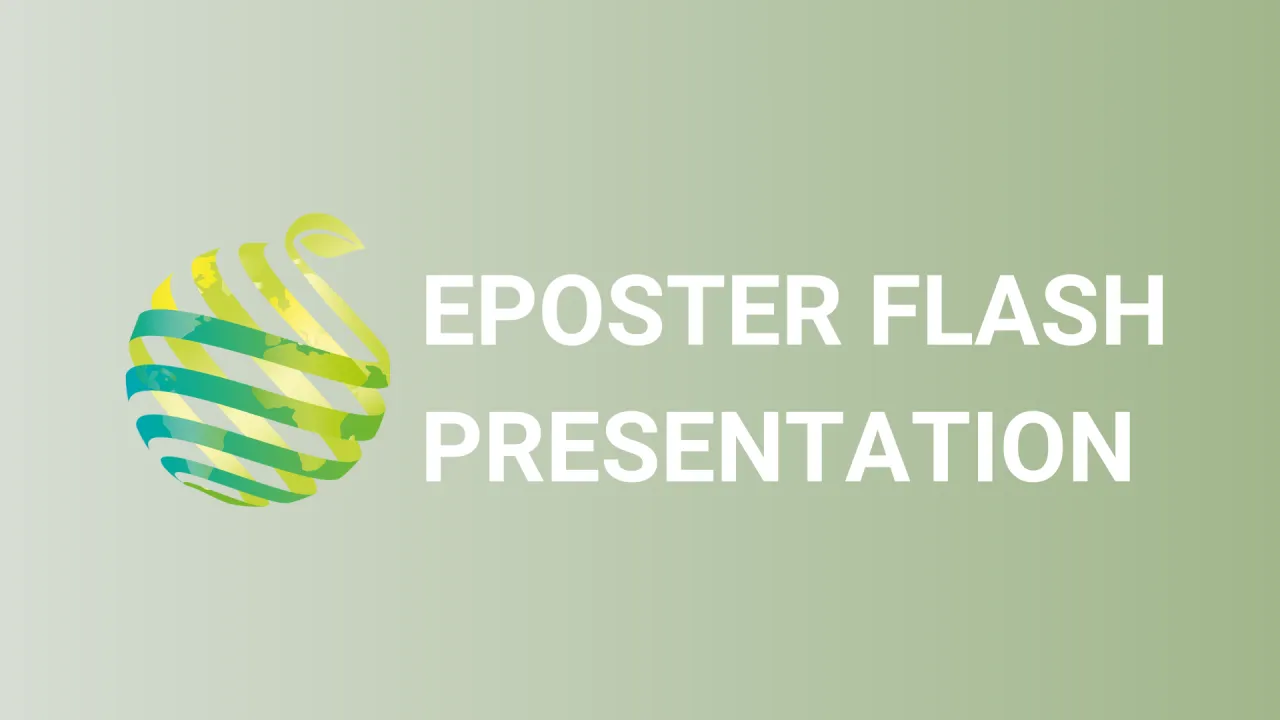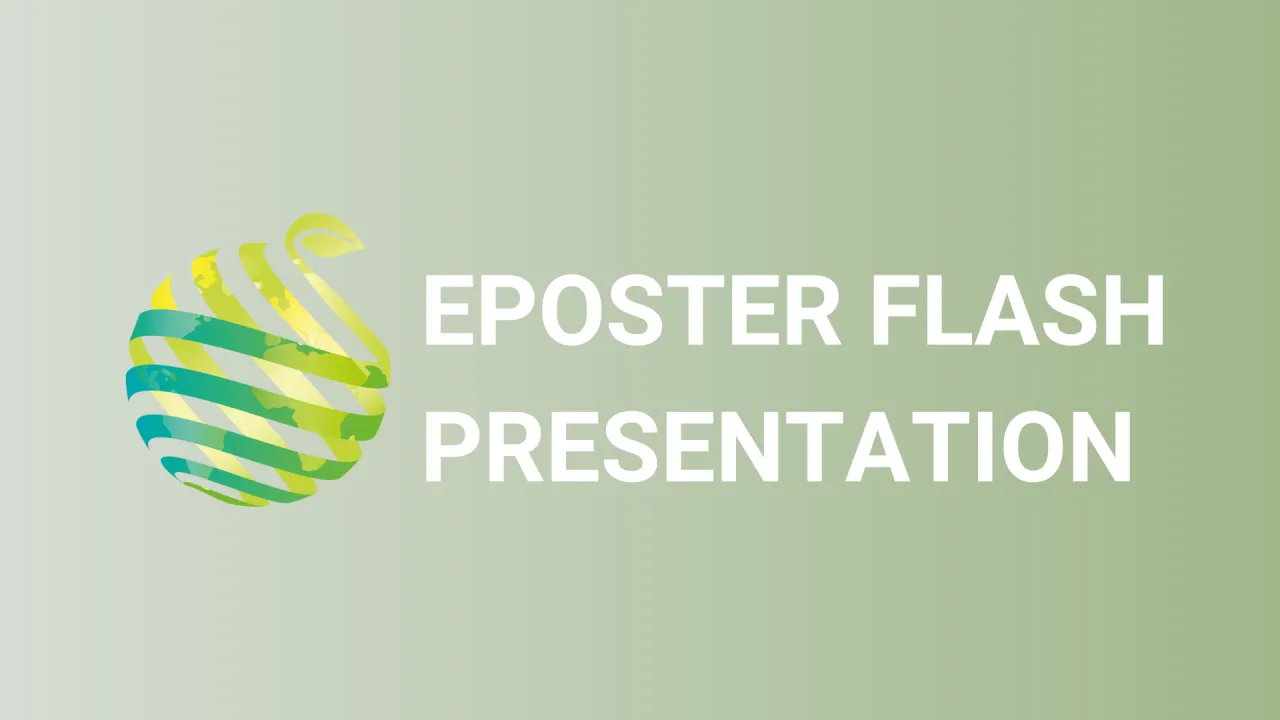

S25 - Session P1 - Plant nutrition determines fruit quality in maqui berry (Aristotelia chilensis)
Information
Authors: Hermine Vogel *, Benita González, Mariana Moya, Ursula Doll
In the course of domestication of the Chilean super berry, Aristotelia chilensis, the present study reveals the effect of plant nutrition on fruit set, yield, and quality. Three varieties were established in pots with substrate soil mixture or sand and treated with complete fertilization, potassium, calcium or boron deficiency or without fertilization. It could be shown that A. chilensis genotypes determine fruit set, yield, berry weight, diameter, seed number, ripening, soluble solids, percentage of shriveled and cracked fruit, as well as plant height. Among nutrition treatments, maqui berries of non-fertilized plants exhibit higher antioxidant effects (ORAC) than fertilized ones. Potassium in fruit is significantly correlated with K, Ca, and B fertilization. Plants grown in soil had more sprouts and higher berry weight than those in sand. When analyzing each of the varieties it was shown that fruit growing on fertilized 'Perla Negra' plants weighed more than those harvested from non-fertilized ones, but had a problem with cracking, in contrast to the varieties 'Morena' and 'Luna Nueva'. Non-fertilized plants of 'Morena' were smaller, but its berries had more soluble solids than complete fertilized ones. The variety 'Luna Nueva' seems to be less sensitive to nutrition deficiency than 'Morena' and 'Perla Negra'.